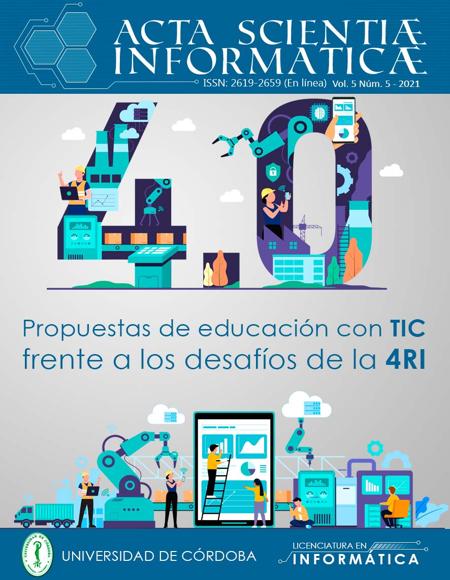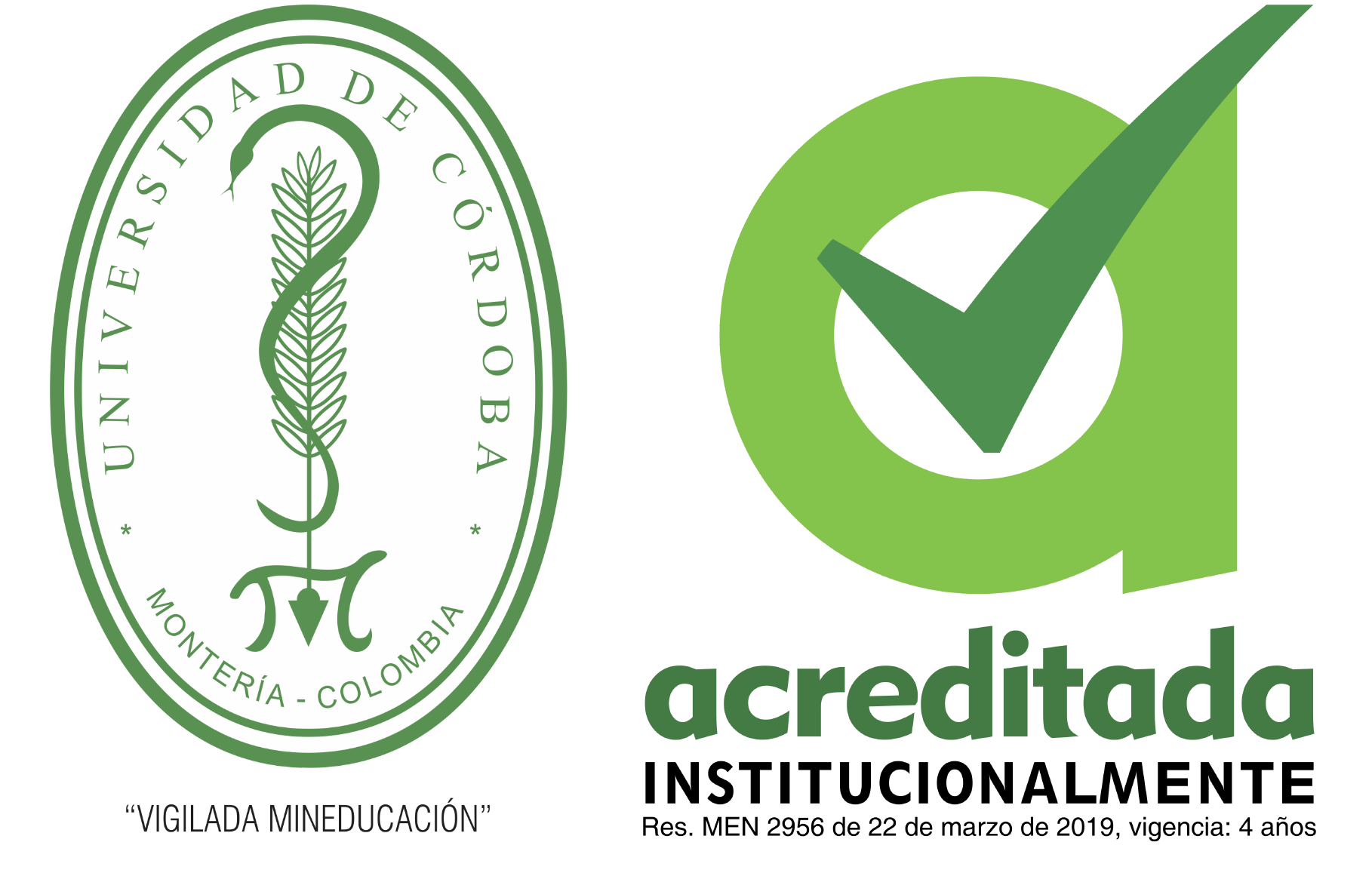CAMBIOS EN EDUCACIÓN FRENTE A LA CUARTA REVOLUCIÓN INDUSTRIAL
CAMBIOS EN EDUCACIÓN FRENTE A LA CUARTA REVOLUCIÓN INDUSTRIAL
Show authors biography
As a challenge, we have presented the challenges that education must face in the face of the social transformations that the fourth industrial revolution implies, which demands a disruptive change from the digital transformation, the ubiquitous learning ecologies, the development of superior cognitive abilities. , social, emotional, technological and leadership, as well as the use of virtual, augmented and mixed reality, artificial intelligence and learning analytics.
Article visits 455 | PDF visits
Downloads
- C. Malamud and R. Núñez, “COVID-19 in Latin America : political challenges , trials for health systems and economic uncertainty,” 2020.
- N. Oliver et al., “Mobile phone data and COVID-19: Missing an opportunity?,” 2020. [Online]. Available: http://arxiv.org/abs/2003.12347.
- B. I. Espinel, M. L. Sevillano García, I. J. Monterrosa Castro, and C. Pascual Moscoso, “El auge del aprendizaje universitario ubicuo. Uso de las tabletas en la apropiación del conocimiento,” Educ. Siglo XXI, vol. 37, no. 2 Jul-Oct, pp. 183–204, 2019, doi: 10.6018/educatio.387071.
- E. Díez Gutiérrez and J. Díaz Nafría, “Ecologías de aprendizaje ubicuo para la ciberciudadanía crítica,” Comun. Rev. científica Iberoam. Comun. y Educ., no. 54, pp. 49–58, 2018.
- OECD, “OECD Future of Education and Skills 2030: Project background,” 2019. [Online]. Available: https://www.oecd.org/education/2030-project/about/E2030 Introduction_FINAL.pdf.
- McKinsey Global Institute, “Skill Shift: Automation and the Future of the Workforce (Discussion Paper, May 2018),” McKinsey &Company, no. May, pp. 3–84, 2018, [Online]. Available: https://www.mckinsey.com/~/media/McKinsey/Featured Insights/Future of Organizations/Skill shift Automation and the future of the workforce/MGI-Skill-Shift-Automation-and-future-of-the-workforce-May-2018.ashx.
- K. Ouellette, A. Clochard-bossuet, S. Young, and G. Westerman, “Human Skills : From Conversations to Convergence,” Massachusetts, 2020.
- K. Schwab, The Fourth Industrial Revolution. Switzerland: World Economic Forum, 2016.
- N. W. Gleason, Higher Education in the Era of the Fourth Industrial Revolution. 2018.
- T. Jensen, “Higher Education in the Digital Era. The current state of transformation around the world,” UNESCO House, 2019. doi: 10.22363/09669-2019-626-633.
- O. E. Global, “Open Education Global,” What We Do, 2020. https://www.oeglobal.org/about-us/what-we-do/ (accessed May 31, 2020).
- B. Alexander et al., EDUCAUSE Horizon Report: 2019 Higher Education Edition. Louisville, CO: EDUCAUSE, 2019.
- M. Brown et al., “2020 EDUCAUSE Horizon Report TM Teaching and Learning Edition,” Louisville, CO, 2020. [Online]. Available: https://library.educause.edu/-/media/files/library/2020/3/2020_horizon_report_pdf.pdf.


